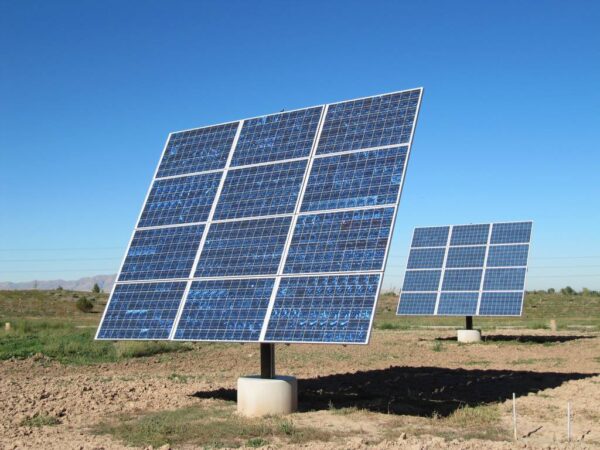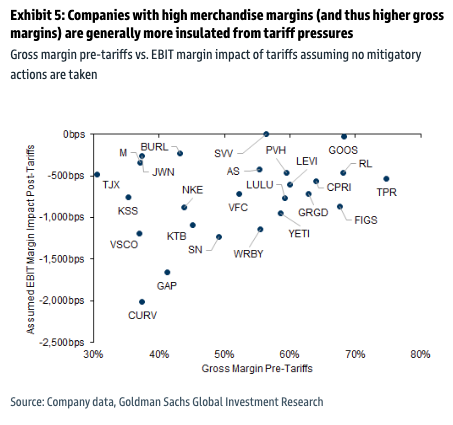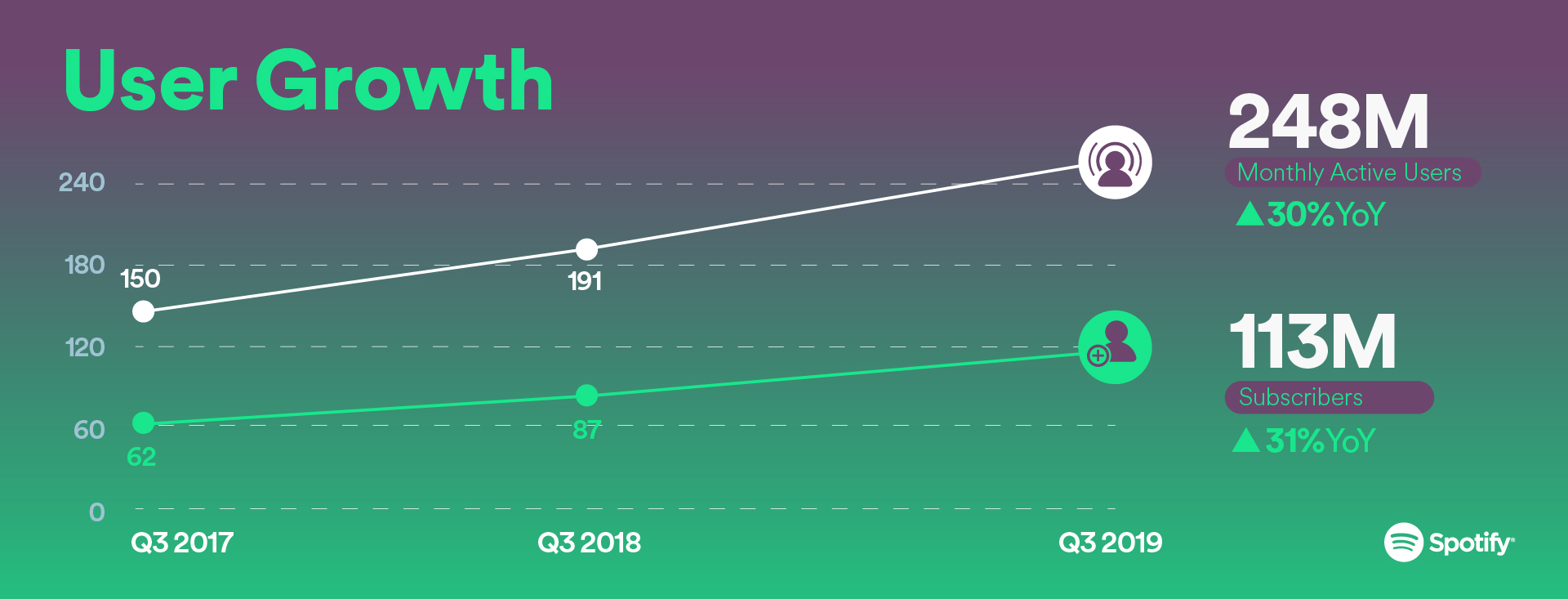Climate Resilience In African Villages: The Schneider Electric Climate Smart Village Program

Table of Contents
The Impact of Climate Change on African Villages
African villages face a unique set of challenges when confronted with the intensifying effects of climate change. Their vulnerability stems from a complex interplay of factors, including limited access to resources, dependence on rain-fed agriculture, and fragile infrastructure. The consequences are severe and far-reaching.
- Increased Frequency and Intensity of Extreme Weather Events: Droughts are becoming more prolonged and severe, leading to crop failures and livestock losses. Conversely, floods are more frequent and intense, destroying homes, infrastructure, and agricultural lands.
- Unpredictable Rainfall Patterns: Erratic rainfall makes agricultural planning extremely difficult, leading to food insecurity and economic instability. Farmers struggle to adapt their planting schedules, resulting in reduced yields and increased poverty.
- Water Scarcity: Reduced rainfall and increased evaporation rates exacerbate water scarcity, affecting both human consumption and agricultural production. This leads to health problems and conflicts over dwindling resources.
- Displacement and Migration: Climate-related disasters often force people to leave their homes and migrate to other areas, creating further social and economic pressures. This displacement can disrupt community structures and social fabric.
- Food Insecurity: The combined effect of these factors leads to widespread food insecurity, malnutrition, and increased vulnerability to disease. Families struggle to meet their basic needs, jeopardizing their long-term well-being.
Schneider Electric's Climate Smart Village Program: A Holistic Approach
Schneider Electric's Climate Smart Village program takes a holistic approach to building climate resilience in African villages. Recognizing that climate change impacts are interconnected, the program addresses multiple challenges simultaneously. The overarching goal is to empower communities to adapt to climate change and build sustainable livelihoods.
- Renewable Energy Solutions: Access to reliable and sustainable energy is fundamental to development. The program provides access to renewable energy sources like solar energy and small hydropower, powering homes, schools, and community facilities.
- Sustainable Agriculture Practices: The program promotes climate-smart agriculture, focusing on techniques that enhance water use efficiency, improve soil health, and increase crop yields even under changing climatic conditions.
- Improved Water Management: Access to clean water is critical. The program supports initiatives like rainwater harvesting, water purification systems, and efficient irrigation to improve water availability and sanitation.
- Community Empowerment: The program emphasizes local ownership and participation. Communities are actively involved in planning, implementation, and maintenance of projects, ensuring long-term sustainability and fostering a sense of responsibility.
Access to Renewable Energy: Powering Sustainable Development
Reliable energy access is transformative. The program utilizes solar energy, often through microgrids and off-grid solutions, offering a reliable alternative to unreliable and expensive fossil fuels. This access:
- Improves Lighting and Quality of Life: Homes are brighter, allowing for better study and work conditions.
- Powers Productive Uses: Small businesses and agricultural activities can utilize energy for processing and preservation of food, enhancing income generation.
- Creates Economic Opportunities: The installation and maintenance of renewable energy systems create local jobs and skills development.
Sustainable Agriculture and Food Security
Climate-smart agriculture is central to building food security. The program promotes:
- Water-Efficient Irrigation Techniques: Reducing water wastage and maximizing crop yields in drier conditions.
- Drought-Resistant Crop Varieties: Choosing crops that can withstand drought conditions, ensuring food production even during periods of low rainfall.
- Improved Farming Techniques: Training farmers in best practices for soil health, pest management, and crop diversification.
Water Management and Conservation
Water scarcity is a major constraint. The program focuses on:
- Rainwater Harvesting: Collecting and storing rainwater for later use in agriculture and household needs.
- Water Purification Systems: Providing access to safe and clean drinking water, reducing waterborne diseases.
- Efficient Irrigation Systems: Minimizing water loss during irrigation, maximizing water use efficiency.
Community Empowerment and Capacity Building
Local ownership is paramount. The program invests in:
- Training Programs: Providing skills and knowledge to community members to manage and maintain projects independently.
- Local Participation: Ensuring that projects are designed and implemented in accordance with community needs and preferences.
- Long-Term Sustainability: Building the capacity of local communities to manage and maintain projects long after the program concludes.
Conclusion
Schneider Electric's Climate Smart Village program is demonstrating the transformative power of a holistic approach to building climate resilience in African villages. By addressing energy access, sustainable agriculture, water management, and community empowerment simultaneously, the program is creating sustainable livelihoods and fostering a climate-resilient future. The success stories from participating villages showcase the effectiveness of this model and underscore the importance of investing in community-led solutions.
Join us in building climate resilience. Invest in a climate-smart future by learning more about the Schneider Electric Climate Smart Village program and exploring opportunities to support similar initiatives focused on empowering vulnerable communities. Visit [link to Schneider Electric Climate Smart Village website] to learn more and discover how you can contribute to this vital work.

Featured Posts
-
 Seb Sa Rapport Amf Cp 2025 E1021792 Du 24 Fevrier 2025
Apr 30, 2025
Seb Sa Rapport Amf Cp 2025 E1021792 Du 24 Fevrier 2025
Apr 30, 2025 -
 Melwmat Mthyrt Fy Shhadt Mylad Bywnsyh
Apr 30, 2025
Melwmat Mthyrt Fy Shhadt Mylad Bywnsyh
Apr 30, 2025 -
 How To Watch Untucked Ru Pauls Drag Race Season 16 Episode 11 Without Paying
Apr 30, 2025
How To Watch Untucked Ru Pauls Drag Race Season 16 Episode 11 Without Paying
Apr 30, 2025 -
 Channing Tatum Moves On Pda With Inka Williams After Zoe Kravitz Split
Apr 30, 2025
Channing Tatum Moves On Pda With Inka Williams After Zoe Kravitz Split
Apr 30, 2025 -
 Tarykh Srf Meashat Abryl 2025 Melwmat Hamt L 13 Mlywn Mstfyd
Apr 30, 2025
Tarykh Srf Meashat Abryl 2025 Melwmat Hamt L 13 Mlywn Mstfyd
Apr 30, 2025
Latest Posts
-
 Chat Gpt And Open Ai The Ftc Investigation And Its Potential Impact
Apr 30, 2025
Chat Gpt And Open Ai The Ftc Investigation And Its Potential Impact
Apr 30, 2025 -
 Tariff Price Hikes Retailers Issue Warning Of Future Increases
Apr 30, 2025
Tariff Price Hikes Retailers Issue Warning Of Future Increases
Apr 30, 2025 -
 12 Subscriber Jump For Spotify Earnings Report Analysis Spot
Apr 30, 2025
12 Subscriber Jump For Spotify Earnings Report Analysis Spot
Apr 30, 2025 -
 Open Ai Facing Ftc Investigation Examining The Regulatory Landscape Of Ai
Apr 30, 2025
Open Ai Facing Ftc Investigation Examining The Regulatory Landscape Of Ai
Apr 30, 2025 -
 Retailers Warn Temporary Reprieve On Tariff Price Hikes
Apr 30, 2025
Retailers Warn Temporary Reprieve On Tariff Price Hikes
Apr 30, 2025
